Mesenteric Lymphadenitis: Causes, Symptoms, Treatment, and Prevention Tips
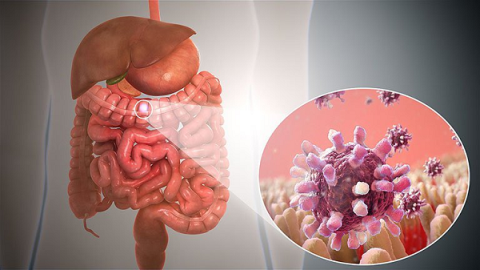
Mesenteric lymphadenitis is an uncommon form of inflammation that significantly impacts a patient's health, particularly causing digestive symptoms. This article by SignsSymptomsList explores the causes, symptoms, treatment options, and prevention tips for mesenteric lymphadenitis.
content
- 1. Overview of mesenteric lymphadenitis
- 2. Causes of mesenteric lymphadenitis
- 3. Symptoms of mesenteric lymphadenitis
- 4. When to see a doctor?
- 5. How is the disease diagnosed?
- 6. How to treat the disease?
- 7. Complications related to inflamed mesenteric lymph nodes
- 8. Prevention
- 9. Conclusion
1. Overview of mesenteric lymphadenitis
Mesenteric lymphadenitis is a condition where the lymph nodes in the mesentery—the membrane connecting the intestines to the abdominal wall—become inflamed. These lymph nodes play a crucial role in fighting infections by capturing and destroying harmful microorganisms like viruses and bacteria. This condition is most common in children and adolescents and is less frequent in adults over 20.
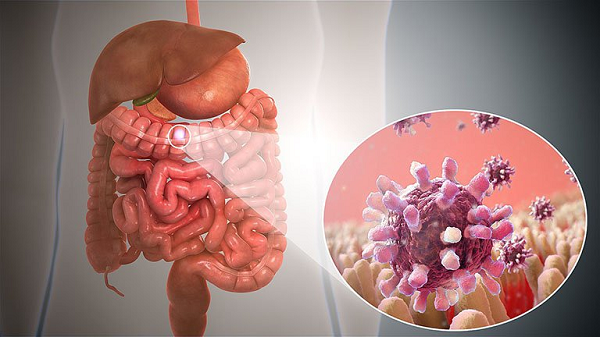
Mesenteric lymphadenitis
2. Causes of mesenteric lymphadenitis
Infections are the most common cause of mesenteric lymphadenitis. However, certain cancers, such as lymphoma, breast cancer, and pancreatic cancer, can also lead to inflamed lymph nodes. Infections like gastroenteritis, caused by viruses (rotavirus, norovirus) or bacteria (Salmonella, staphylococcus), are frequent culprits. Other infections, such as HIV, tuberculosis, and Crohn's disease, can also trigger this condition.
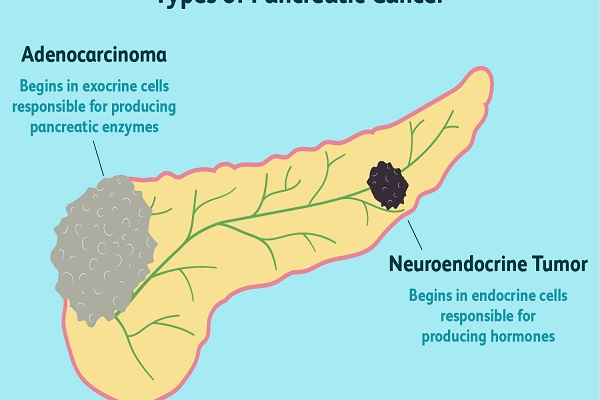
Pancreatic cancer
3. Symptoms of mesenteric lymphadenitis
The most common symptoms of mesenteric lymphadenitis include abdominal pain (often in the lower right area), fever, fatigue, loss of appetite, and nausea. These symptoms can mimic appendicitis, making diagnosis challenging. Other signs may include diarrhea, vomiting, and an elevated white blood cell count.

Pain in the lower right abdomen
4. When to see a doctor?
Seek medical attention if you or your child experience sudden, severe abdominal pain, high fever, or persistent diarrhea and vomiting. These symptoms may indicate a serious condition requiring immediate treatment.
See more: Acute diarrhea is still a common disease in Vietnam
5. How is the disease diagnosed?
Diagnosis involves a physical exam, medical history review, and tests like blood tests, ultrasounds, or CT scans to rule out appendicitis. Imaging tests are particularly useful in distinguishing mesenteric lymphadenitis from other conditions.
See also: Stomach flu: overview, symptoms, treatment and prevention
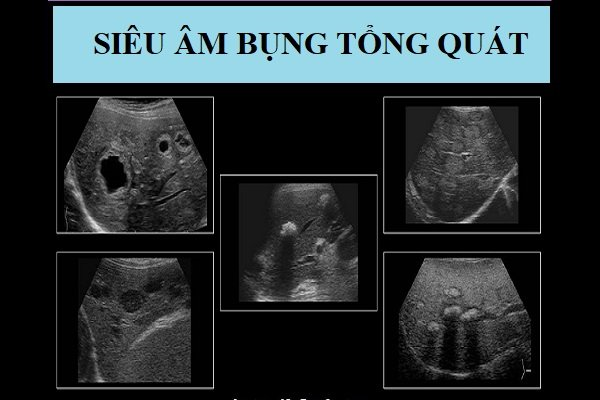
General abdominal ultrasound
6. How to treat the disease?
Mild cases of mesenteric lymphadenitis often resolve on their own within four weeks. Over-the-counter pain relievers like Paracetamol or Ibuprofen can help manage symptoms. Antibiotics are prescribed for bacterial infections. Rest, hydration, and applying heat to the abdomen are also recommended.
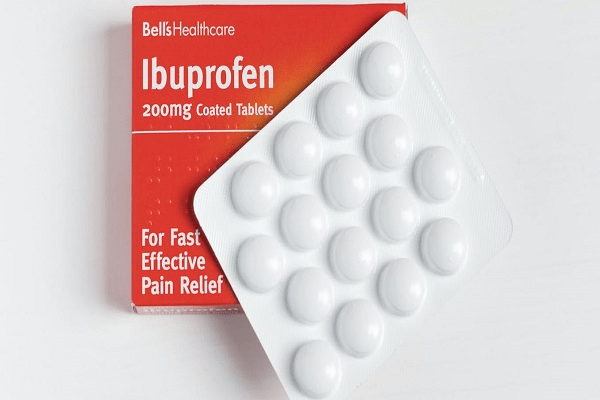
Ibuprofen fever reducer
7. Complications related to inflamed mesenteric lymph nodes
Complications are rare but can include upper respiratory infections, which are typically treated with antibiotics.
8. Prevention
Preventive measures include frequent handwashing, maintaining a clean food preparation area, and avoiding close contact with sick individuals. Vaccinations for rotavirus, cholera, and typhoid can also reduce the risk of infections leading to mesenteric lymphadenitis.
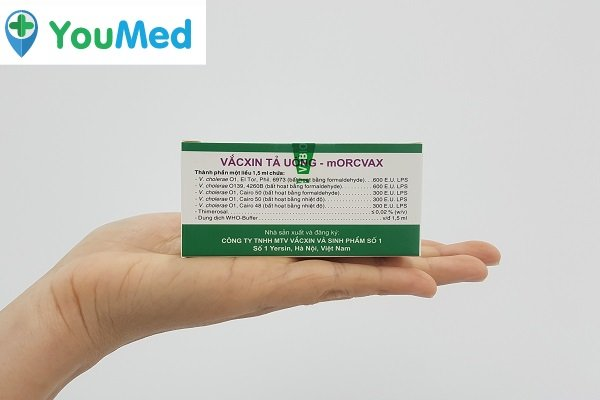
mORCVAX . vaccine
9. Conclusion
Mesenteric lymphadenitis, though uncommon, can cause severe symptoms. Early diagnosis and treatment are crucial. Maintaining good hygiene and getting vaccinated can significantly reduce the risk of this condition.
Dr. Nguyen Lam Giang